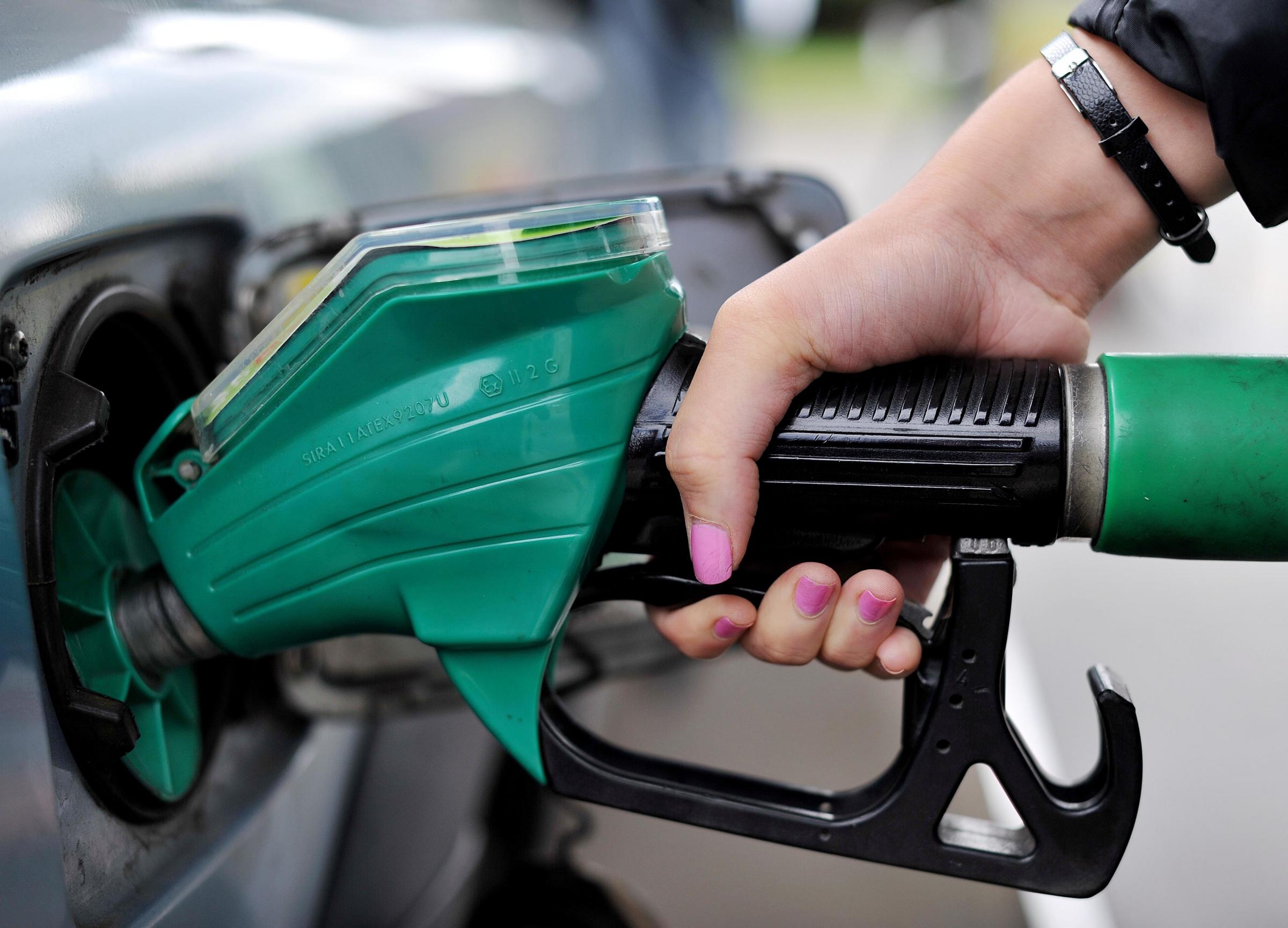
THE UK's inflation rate has fallen slightly but prices are still continuing to rise at nearly their fastest rate in 40 years.
Inflation fell to 9.9% in the 12 months to August, from 10.1% in July.
The consensus across think tanks and economic networks is that this was "entirely driven by falling transport costs" as the prices of food and clothing continue to accelerate upwards.
Petrol prices fell 14.3p per litre between July and August, while diesel prices also fell.
The groups also pointed to the current “lack of detail” and misdirection in interventions attempting to address the cost-of-living crisis in households.
Alex Veitch, British Chamber of Commerce's (BCC) director of policy and public affairs, said that while the inflation rate had eased slightly, this was driven by a fall in motor fuel costs whilst the price of other goods continued to rise.
He said: “There is a limit to how long any firm can sustain these rising costs before something has to give. We know from our research that two-thirds of businesses plan to increase their own prices.
"The size of last week’s Government intervention on energy prices should have a dampening effect on inflation when it is enacted.
“But the lack of detail on exactly how much help any individual business will get, and for how long, means very few will be planning to invest any time soon.”
Veitch said the mini budget expected to be announced by Chancellor Kwasi Kwarteng later this month must show businesses there is a “cohesive plan to take the economy forward”.
PM Liz Truss has already announced that she will cap energy prices at £2500 after Ofgem previously said it would soar to over £3500.
Dr George Dibb, from the Institute for Public Policy Research think tank, said the inflation figure falling because of lower petrol prices is welcome but it risks obscuring that the cost-of-living crisis continues to hit everyday goods.
Dibb said: “Many people will welcome CPI inflation easing slightly this month, falling from 10.1% to 9.9%, including the Bank of England who are deciding whether to raise interest rates next week.
“However, this headline figure has been pulled down by falling petrol prices, and it hides worrying news that the prices of food and clothing are continuing to accelerate upwards. High inflation means high prices, and without intervention, this will lead to more hardship, more poverty, and more destitution.
“The Government’s price cap on energy for households and businesses is a welcome step but it won’t instantly reduce the inflation in essentials such as food and clothing that we see today.”
The Resolution Foundation think tank, which focuses on living standards, said inflation weighed more heavily on poorer households and to provide long-term detail to interventions, the UK Government should start looking towards 2023.
Jack Leslie, senior economist at the Resolution Foundation, said: “The energy price guarantee should prevent a second winter surge in prices, while factory gate inflation is starting to ease.
“However, high inflation is set to be with us for some time, particularly for low-income who continue to be hit hardest by high prices. The Government will need to consider what support will be needed next year too.”
A mini-budget outlining how the Government intends to pay for measures to tackle the cost-of-living crisis is set to take place this month.







